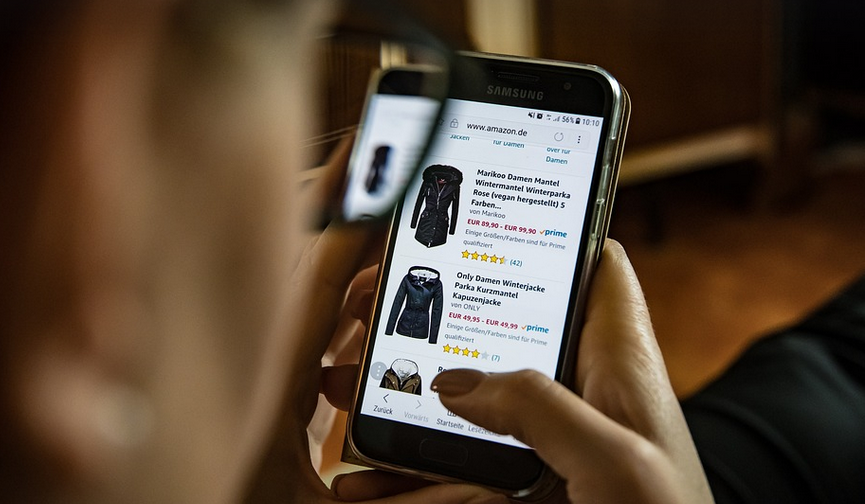Health Care, Retail, & Education: A Look At Powerful Business Models

The Ever-Evolving Landscape of Modern Commerce
The world of business is a dynamic beast, constantly evolving and adapting to new technologies and shifting customer expectations. Nowhere is this more evident than in the realms of healthcare, retail, and education. These industries, though seemingly different from one another, share a fascinating common thread: they are all driven by powerful business models that shape not only their own success but also influence broader economic trends.
Let’s delve into what makes these sectors so uniquely successful and explore how their business models have shaped the modern experience for consumers.
**Healthcare: A Focus on Personalized Care & Technology**
In the realm of healthcare, traditional models are being challenged by a wave of innovation driven by technology and an increasing focus on personalized care. Companies like CVS Health and Aetna are transforming into comprehensive health platforms that offer not just insurance but also preventive measures, chronic disease management, and even telehealth consultations.
This shift is fueled by the rising demand for preventative healthcare, a growing awareness of the importance of mental wellbeing, and the increasing availability of data-driven insights. As technology advances, we see more sophisticated wearables, personalized medication monitoring systems, and AI-powered diagnostics emerging as key players in the future of healthcare.
**Retail: The Shift to Experiential Commerce**
The retail sector has undergone a dramatic transformation over the past few years. Gone are the days when brick-and-mortar stores reigned supreme. Today, customers demand more than just product availability; they seek unique experiences that resonate with their personal tastes and interests.
This shift is fueled by multiple factors: the rise of online shopping giants like Amazon, the increasing popularity of subscription services, and a growing desire for physical stores to offer immersive experiences that go beyond simple transactions.
For example, retailers are now incorporating experiential elements into their stores. Think interactive displays, personalized shopping consultations, and even “gamified” store environments. These tactics not only enhance the customer journey but also encourage brand loyalty and positive word-of-mouth marketing.
**Education: From Traditional to Personalized Learning**
The education sector, once tied to traditional classroom learning models, is experiencing a major revolution. The rise of online courses, personalized learning platforms, and the increasing accessibility of educational resources have dramatically reshaped how people learn.
One of the most significant changes is the emergence of MOOCs (Massive Open Online Courses). Platforms like Coursera and EdX are opening doors to affordable, high-quality educational opportunities from renowned institutions worldwide.
These platforms offer a flexible learning environment that caters to diverse needs, whether it’s pursuing professional development for career advancement or exploring new passions through online courses.
**The Power of Business Models: Shaping the Future**
The unique characteristics of healthcare, retail, and education have led to the emergence of powerful business models. These models are not just about profit; they’re about delivering value to customers, streamlining processes, and creating engaging experiences.
For example, in healthcare, models like telemedicine reduce physical barriers to care while also improving access for those with limited mobility or who live in rural areas. In retail, customer-centric models focus on personalized experiences that foster engagement and loyalty. And in education, the rise of online platforms is democratizing learning by breaking down geographical limitations.
These models have also sparked innovation within their respective sectors. From AI-powered healthcare to subscription-based educational programs, businesses are pushing the boundaries of traditional thinking, creating more dynamic and customer-centric experiences.
**The Future is Collaborative**
Looking forward, the future for these industries will likely be even more collaborative. By merging innovative business models with cutting-edge technology, we can create a comprehensive approach to healthcare accessibility, personalized retail shopping, and engaging educational experiences.
These collaborations will not only drive innovation but also empower individuals and communities to achieve their full potential. The power lies in understanding these industries and the unique business models that are shaping them.


